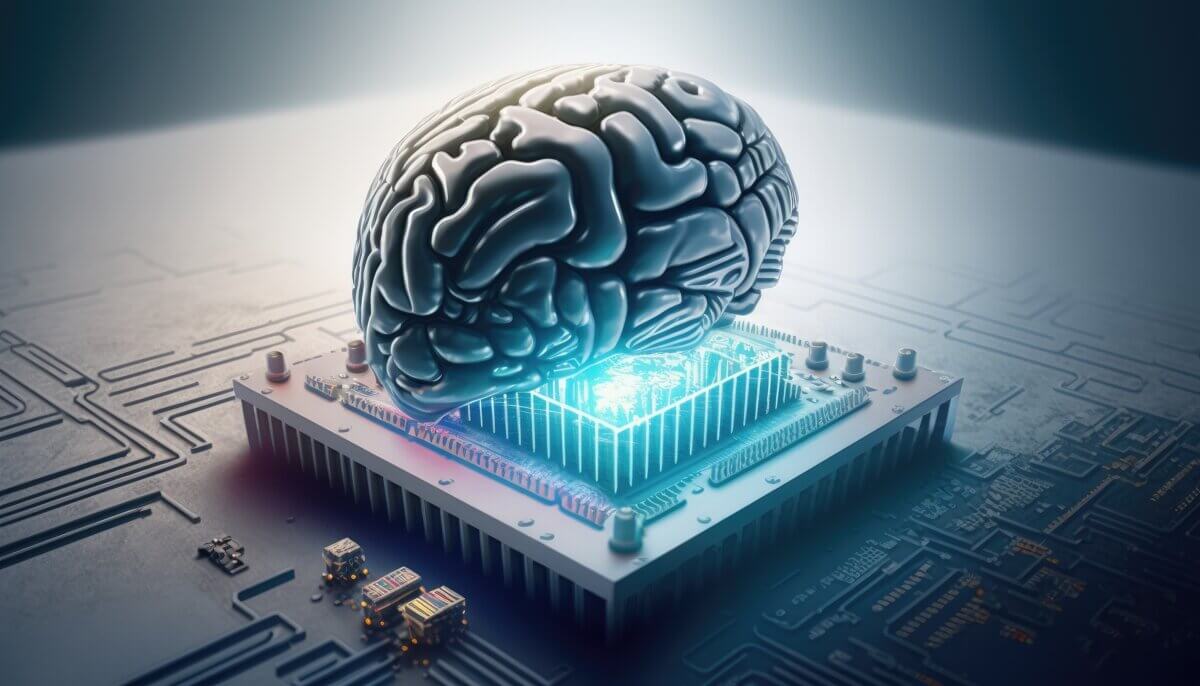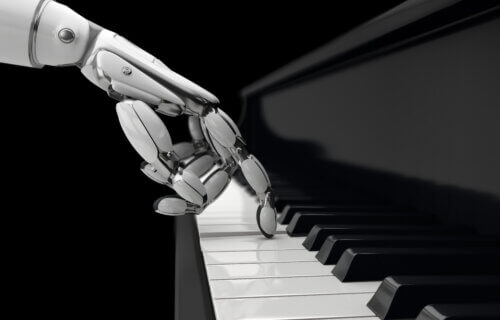CLAREMONT, Calif. — A robot could be coming for the job of prominent music producers and talent show judges like Simon Cowell, according to new research. Scientists have utilized artificial intelligence to identify hit pop songs with an impressive 97 percent accuracy. Such a computer system could render TV talent show judges redundant, replicating their skills at a significantly reduced cost.
The AI, which utilizes a neural network, can also enhance the efficiency of streaming services. According to researchers in California, the system is so straightforward that it can be applied to films and TV shows.
“By applying machine learning to neurophysiologic data, we could almost perfectly identify hit songs,” says Paul Zak, a professor at Claremont Graduate University and senior author, in a media release. “That the neural activity of 33 people can predict if millions of others listened to new songs is quite amazing. Nothing close to this accuracy has ever been shown before.”
With tens of thousands of songs released daily, it becomes challenging for apps like Spotify, Tidal, and Deezer to select which ones to add to playlists. Previous attempts to identify songs that will resonate with a large audience have had only a 50-percent success rate. However, Prof. Zak and his colleagues believe that their method is almost twice as effective.
During the study, participants wore skull-cap brain scanners while listening to a set of 24 songs. They were also asked about their preferences and provided basic demographic data. The experiment measured neurophysiological responses.
“The brain signals we’ve collected reflect activity of a brain network associated with mood and energy levels,” Zak says.

This enabled the team to predict market outcomes, including the number of streams a song might receive, based on responses from a few volunteers.
The team’s approach, called “neuroforecasting,” uses brain cell activity from a small group of people to predict population-level effects. A statistical model identified potential chart hits 69 percent of the time, but this jumped to 97 percent when machine learning was applied to the data. The team found that even by analyzing neural responses to only the first minute of songs, they achieved a success rate of 82 percent.
“This means that streaming services can readily identify new songs that are likely to be hits for people’s playlists more efficiently, making the streaming services’ jobs easier and delighting listeners,” Zak explains.
“If in the future wearable neuroscience technologies, like the ones we used for this study, become commonplace, the right entertainment could be sent to audiences based on their neurophysiology. Instead of being offered hundreds of choices, they might be given just two or three, making it easier and faster for them to choose music that they will enjoy,” the study author continues.
Researchers note the technique, described in the journal Frontiers in Artificial Intelligence, can be used beyond hit song identification, in part due to its easy implementation.
“Our key contribution is the methodology. It is likely that this approach can be used to predict hits for many other kinds of entertainment too, including movies and TV shows,” Zak concludes.
South West News Service writer Mark Waghorn contributed to this report.


Pop music is simple, musically uncomplex bubblegum. Just like most americans, simpletons with fast food tastes. Of course thats easy to predict
First, a robot is a physical appliance that performs a useful function.
Second, AI is a lie. Computers can only process algebra sequences, algebra sequences cannot think.
Saying AI is insensitive to the real world engineer that sequenced the code. Further, it deifies tech Giants. Which doesn’t comport with reality.
What could go wrong. Anybody remember when search engines used to work really good? Now you don’t even see search results, you see pages of sponsored ads and carefully curated politically correct rightspeak. Making Spotify’s job easier, that job being identifying ever more formulaic dreck to pump out to tasteless NPC consumers, will eventually result in A.I. producing all the music that A.I. selects for you to listen to.
Let me know when it picks Kari Lake’s song hitting big on the charts.
Let us all know when you grow up and reach maturity
If we’re speaking true hits (as in songs that will be known as recurrents, standards or will otherwise stand the test of time) I’m able to predict them with 97% accuracy.
Is this a joke? This isn’t how science works. You would need multiple studies over a period of time replicating this as individuals taste change very quickly. This particular study means absolutely nothing.